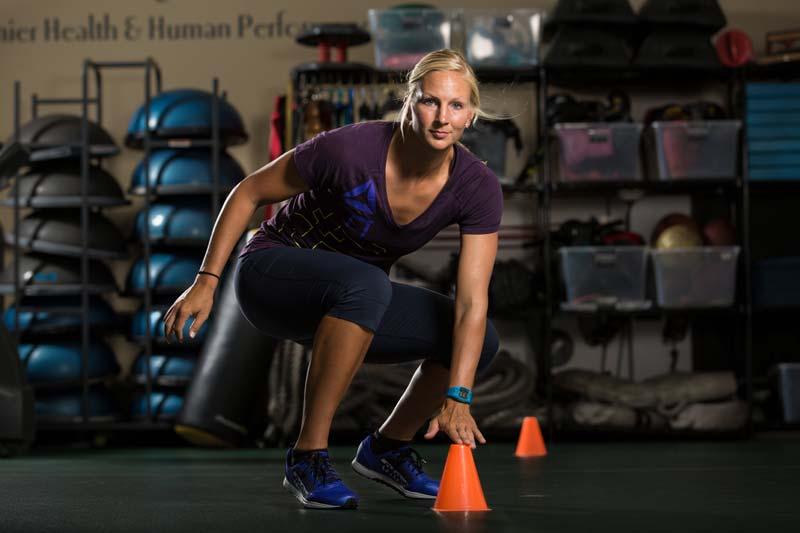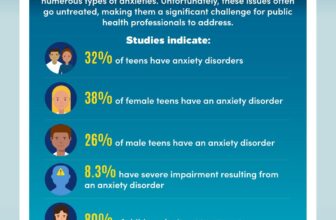
Can Others Besides Athletes Benefit From Skill Related Fitness Why

Can Others Besides Athletes Benefit From Skill Related Fitness? Why Yes!
When most people hear the term skill-related fitness, their minds immediately jump to athletes-sprinters, gymnasts, or soccer players. But did you know that skill-related fitness is not exclusively beneficial for athletes? In fact, individuals from all walks of life can enjoy substantial improvements in daily function, injury prevention, and overall quality of life by developing these skills. This article explores why skill-related fitness benefits non-athletes and how incorporating it into your lifestyle can transform your physical and mental wellbeing.
What Is Skill-Related Fitness?
Skill-related fitness refers to a set of physical qualities that enhance your ability to perform specific activities efficiently and effectively. Unlike health-related fitness that focuses on cardiovascular endurance, strength, and flexibility, skill-related fitness emphasizes:
- Agility: Ability to change direction quickly
- Balance: Maintaining control of body position
- Coordination: Smoothly integrating multiple body movements
- Power: Explosive strength and force
- Reaction Time: How quickly you respond to stimuli
- Speed: Moving quickly from one point to another
Why Skill-Related Fitness Matters to Everyone
Although athletes rely heavily on these skills for peak performance, non-athletes can also improve their daily functioning significantly through skill-related fitness. Here’s why:
1. Enhances Functional Movement
Whether you’re lifting groceries, climbing stairs, or just walking on uneven surfaces, your body requires agility, balance, and coordination to move safely and efficiently. Skill-related fitness reduces the risk of falls and movement inefficiencies, which affects people of all ages.
2. Injury Prevention
Developing better reaction time and coordination helps you respond quickly to slips, trips, or unexpected situations. This is crucial in preventing accidents not only for athletes but for seniors, office workers, and children alike.
3. Boosts Cognitive Function
Skill-related fitness activities often demand focus and quick thinking, stimulating brain function and neural connections. This mental challenge improves concentration, reaction times, and decision-making abilities in everyday scenarios.
4. Supports Aging Gracefully
Maintaining balance, agility, and coordination can delay the physical decline associated with aging. It promotes independence by enabling older adults to perform activities of daily living more confidently and decrease fall-related injuries.
5. Enhances Work and Social Life
Improved physical skills can enhance productivity and confidence in many professions, from manual laborers needing better strength and coordination to office workers seeking lower injury risk. Social activities like dancing, hiking, or playing with kids also become more enjoyable.
Key Benefits of Skill-Related Fitness for Non-Athletes
| Benefit | Description | Example Activities |
|---|---|---|
| Improved Balance | Reduces falls and enhances stability | Yoga, balance board exercises |
| Enhanced Coordination | Better control over body movements | Dance, ball games, juggling |
| Faster Reaction Time | Quicker responses to stimuli and obstacles | Video games with movement, plyometric drills |
| Greater Agility | Ability to change direction or pace | Walking on uneven surfaces, ladder drills |
| Increased Power | Explosive strength for lifting and movement | Jumping, sprinting short distances |
| Higher Speed | Quick movement for efficiency | Brisk walking, running errands fast |
Practical Tips for Incorporating Skill-Related Fitness Into Your Daily Life
You don’t need to be a professional athlete or have access to a gym to improve skill-related fitness. Here are some simple and effective ways to boost your agility, balance, and coordination at home or on the go:
- Try Balance Exercises: Practice standing on one leg while brushing your teeth or taking calls.
- Use Interactive Apps: Many apps and video games promote hand-eye coordination and reaction time through fun challenges.
- Practice Agility Movements: Incorporate ladder drills or cone weaving during your walks or runs.
- Engage in Dance or Martial Arts: These activities dramatically enhance coordination and rhythm.
- Play Catch or Ball Games: Even casual play with children or pets helps improve hand-eye coordination.
- Add Plyometric Movements: Simple jumps or quick directional changes boost power and speed.
Case Study: How Skill-Related Fitness Improved Life Beyond Athletics
Meet Sarah, a 45-year-old graphic designer who struggled with poor posture, balance issues, and clumsiness. After incorporating simple coordination and balance exercises into her routine twice a week-for example, yoga and agility ladder drills-Sarah noticed remarkable improvements within months:
- Fewer trips and falls around the house
- Enhanced concentration and ability to focus at work
- More energy and confidence when hiking and playing with her kids
- Reduced lower back pain due to better overall body control
Sarah’s story illustrates the incredible benefit of skill-related fitness for everyday people looking to improve their physical health beyond traditional workouts.
Common Myths About Skill-Related Fitness
- Myth 1: It’s Only for Athletes. Fact: Everyone can gain from improved skill-related fitness no matter the age or activity level.
- Myth 2: You Need Special Equipment. Fact: Many effective exercises require minimal or no equipment.
- Myth 3: It’s Difficult to Learn. Fact: Simple, progressive exercises make these skills accessible for beginners.
Final Thoughts: Why Skill-Related Fitness Should Be Part of Your Wellness Plan
Incorporating skill-related fitness into your routine offers wide-reaching benefits that extend far beyond the sports field. From improving daily functional movement to preventing injuries and supporting mental acuity, skill-related fitness is an essential pillar of a well-rounded health and wellness plan. Whether you’re a busy professional, a parent, or a retiree, dedicating time to develop coordination, agility, balance, speed, power, and reaction time can profoundly enrich your life.
Now that you know why skill-related fitness matters for everyone, why not start with small, fun activities today and make them a regular habit? Your body and mind will thank you!






